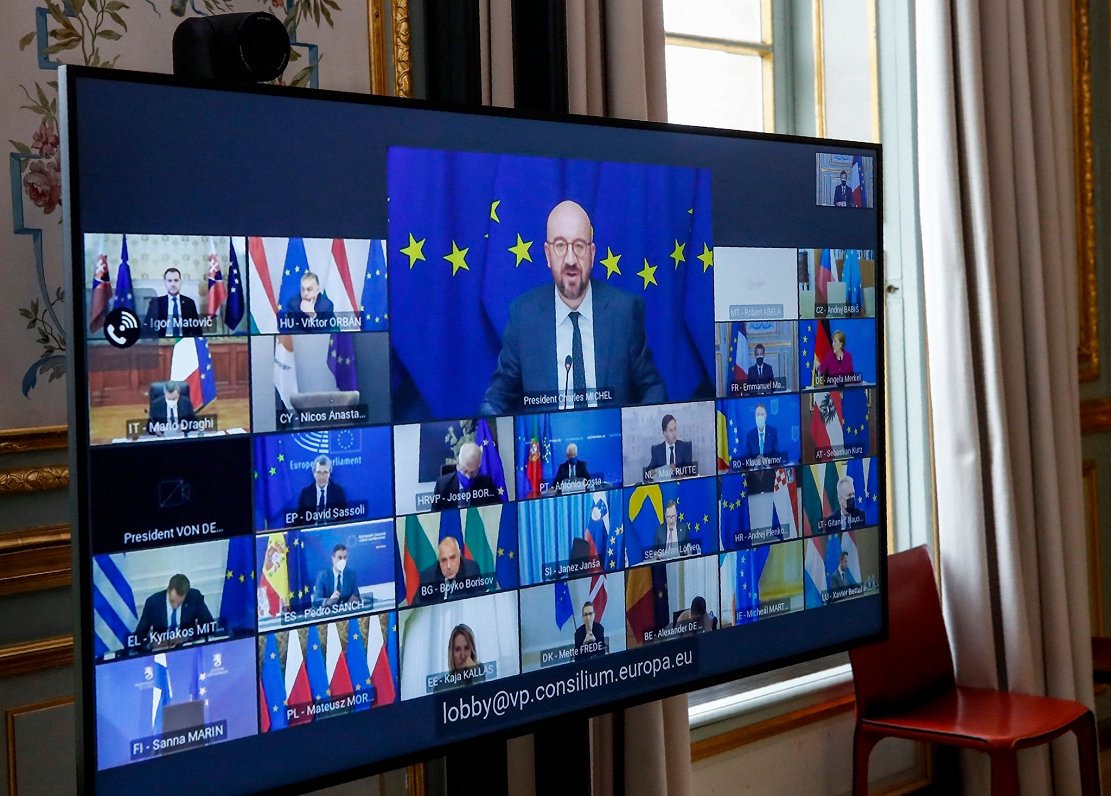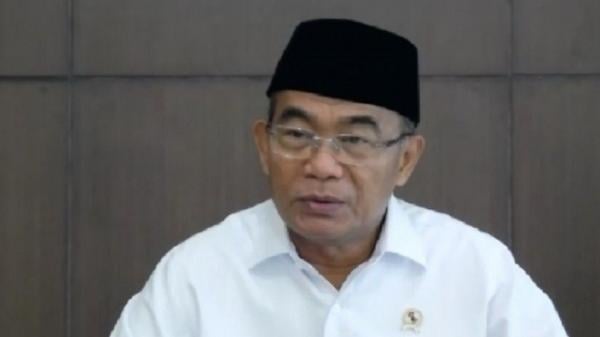Leaders from European Union (EU) member states meet to discuss vaccine shortages and how to speed up their delivery. Some Member States consider the European Commission’s proposal to further restrict vaccine exports to third countries, mainly the United Kingdom, to be too extreme.
The lack of vaccines is a headache for absolutely all EU leaders. And the European Commission (EC) proposal on restrictions on the export of vaccines, which some see as a ban, is a desperate step in tackling this situation. Although not officially recognized, the move is against Britain, as the EU has exported 10 million vaccines produced in Europe to the British and no vaccines from the British to Europe.
However, despite growing political pressure at home, national leaders are united in restricting the export of such vaccines. Belgium, Denmark, Sweden and others do not want this for fear of possible retaliation and disruption of supply chains. France, Germany and Italy, on the other hand, strongly support at least the threat of stricter restrictions.
Austrian Chancellor Sebastian Kurz was also very militant before the European Council: “When 70 million doses are exported to other parts of the world and no dose is delivered to Europe, it is wrong. The President of the European Commission is fighting day and night. And when she thinks export controls make sense, we should fully support her. “
Prime Minister Krišjānis KariņšArtrjoms Konohovs 00:00 / 00:27
—
Meanwhile, Latvian Prime Minister Krišjānis Kariņš (“New Unity”) said before Latvian Radio that he would call on colleagues from other countries to agree to redistribute the additional 10 million doses of Pfizer / BioNTech vaccine to fill the gap in Latvia, Bulgaria, the Czech Republic and three other member states. . Kariņš reiterated that in view of the European single market, it is very important that all countries achieve a similar level of vaccination at the same time.
“It simply came to our notice then. It is a question of a concrete solution. I predict that we will talk among national leaders today. I will also, of course, outline Latvia’s overall situation.
But I do not expect us to come up with one, the other or the third concrete solution, because it is not yet mature.
The experts have worked, but not so far that a specific solution would be acceptable, ”admitted Kariņš.
Another option urged by Germany is for the European Commission to purchase doses of Russian-made Sputnik vaccine that has not yet been approved for use in the EU. However, EC President von der Leien is worried about Russia’s desire to send them abroad, as many of its citizens do not seem to be vaccinated.
EU countries are also divided on a ‘digital green certificate’ to make travel easier. The European Commission has developed a concept, but some countries are concerned about data privacy and the need to develop technology to serve as an interoperability platform.
On the evening of Thursday, March 25, EU leaders will also be addressed by US President Joe Biden, who will join the European Council’s video conference. Biden will, of course, be more anticipated in Brussels than his predecessor at the White House, Donald Trump, but Biden is unlikely to offer to get out of the vaccine supply pit.
CONTEXT:
In the European Union, just over 4% of the population have been vaccinated with both doses of Covid-19. In Latvia about 1%, in Germany 4.2%, but in the small southern European country Malta – 9%.
–
Highlight text and press Ctrl+Enterto send the text to be edited!
Highlight text and press Report a bug buttons to send the text to be edited!
–
–


